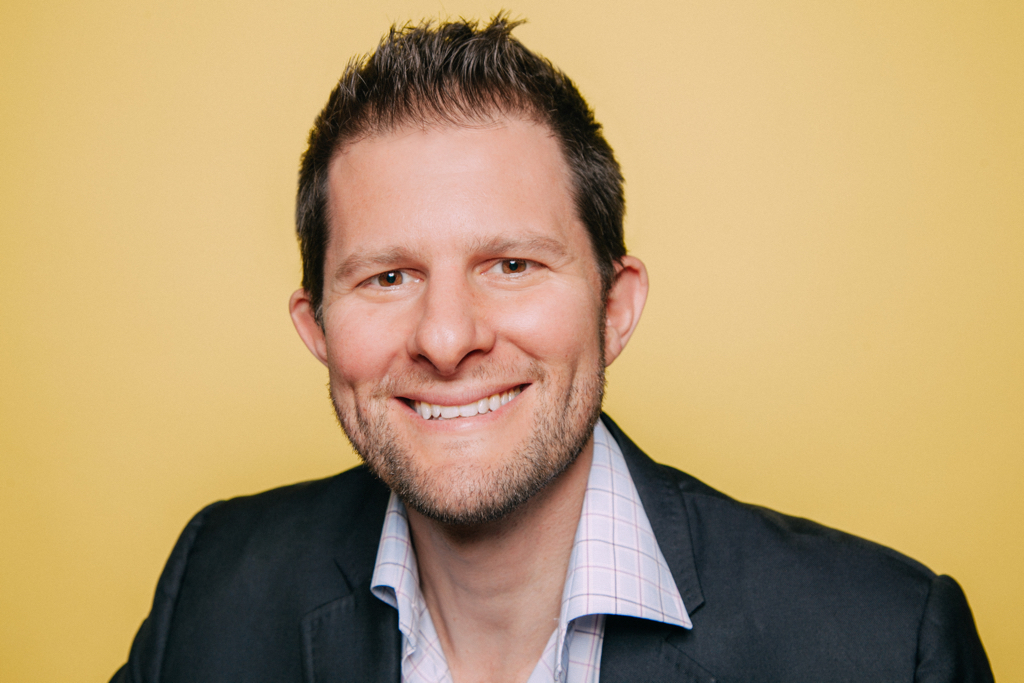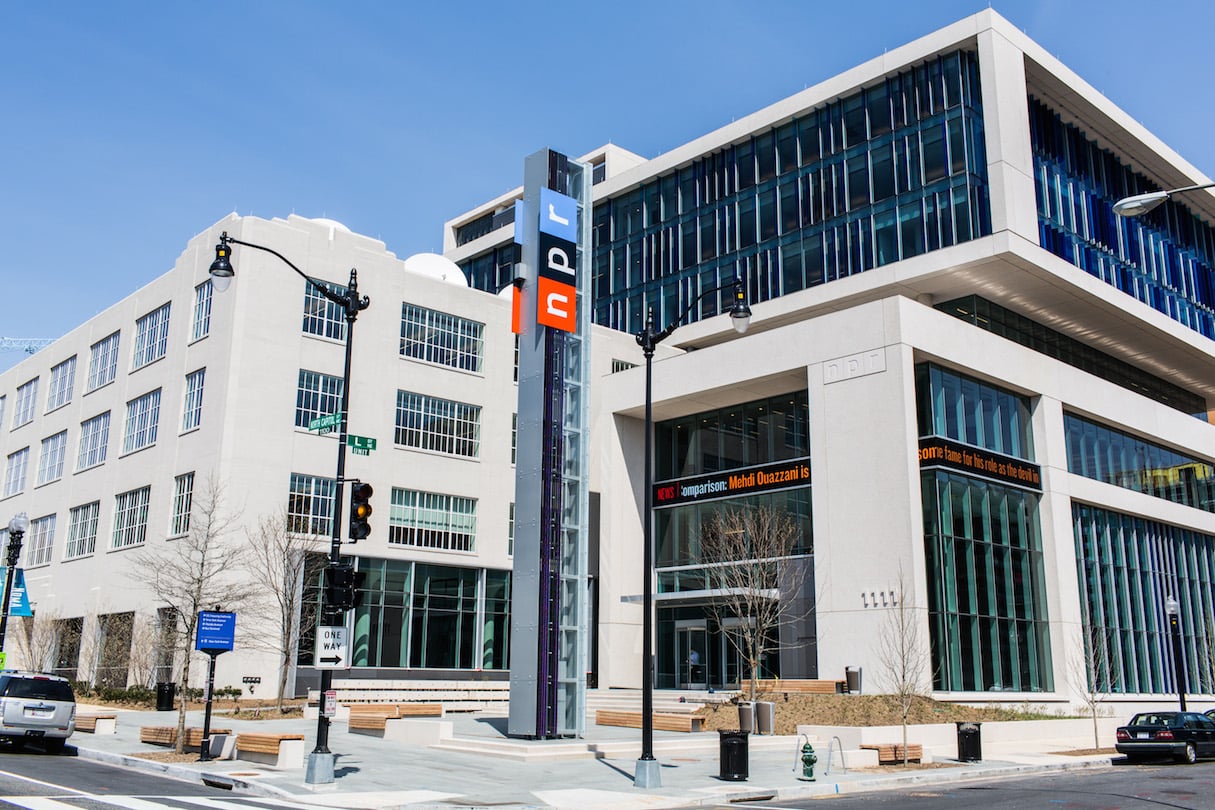One of NPR’s most under-appreciated qualities might be that unlike most large US news organizations, it still boasts a robust network of international correspondents. Even if the typical morning or afternoon broadcast is filled mostly with the latest twist in domestic politics, NPR still tends to squeeze in a foreign dispatch.
But NPR’s 17 foreign-based correspondents will now be stretching out their reporting with the network’s newest podcast, Rough Translation, which debuts next Monday with a story about race relations in Brazil by Gregory Warner. Warner just completed a four-year run as NPR’s East Africa correspondent, and will also serve as the show’s host.
Rough Translation‘s ambition is not too dissimilar from some of NPR’s other recent podcast offerings. Like the Kelly McEvers-hosted Embedded—which allows the network’s reporters to take deep dives on topics that typically only get a few minutes on-air—Rough Translation is also aimed at letting NPR’s international team to breathe and take longer strides with their coverage. The goal is to get the listener to see familiar topics in unfamiliar places. An upcoming episode tackles an epidemic of fake news—often produced in Russia—that’s been overwhelming residents of Ukraine.
“I think that in the age we are in now the foreign world is less foreign,” Warner says. “The lives we’re we’re living are certainly not immune from racial questions that people are wrestling with in interesting ways in Brazil or the fake news onslaught that people are dealing with in very interesting ways in Ukraine.”
While topics like that can be broached on NPR’s flagship shows Morning Edition and All Things Considered, they rarely get an opportunity to delve deep on a daily broadcast. Live-radio stories are also ephemeral and don’t always stick in listeners’ memories. Warner sees podcasts as a format that can reach a broader audience in a different manner than a regular radio piece.

“There was a particular story I reported when John Kerry had come to Ethiopia [in May 2014] and it was a piece for All Things Considered about a particular anchor interaction that I witnessed between Kerry and an Ethiopian journalist,” Warner says. “And then we ended up turning around and making that into a Radiolab episode. And I can tell you that the Radiolab episode certainly had a much longer tail.”
The reporter who confronted Kerry earned a mention at the end of Warner’s dispatch about the then-secretary of state’s visit to Ethiopia, but it was the Radiolab segment several months later in which the encounter was really dissected. Warner hopes Rough Translation will allow NPR’s other foreign correspondents to do the same with what they witness.
“We have a lot of you know great reporting on NPR’s international desk every day,” he says. “How can we leverage some of that to reach different audiences to exist longer? I think one of the keys is it’s not a it’s not a news frame. You get to highlight characters and you get to present those folks in a different way instead of just being newsmakers.”



















